Your cart is currently empty!
Tag: Sustainability
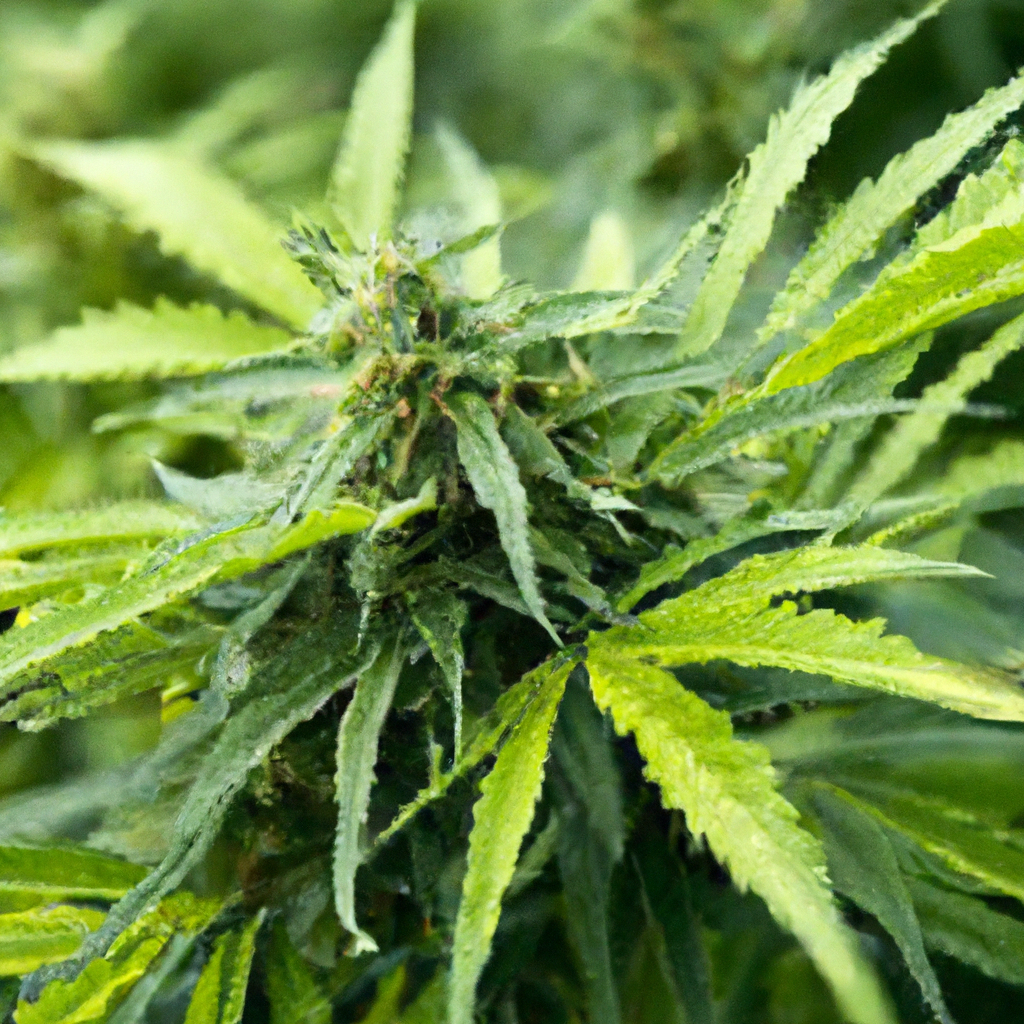
Cannabis is gaining attention for its potential role in environmental preservation and climate change mitigation. With its rapid growth cycle, cannabis effectively absorbs carbon dioxide, assisting in carbon sequestration. Sustainable cultivation techniques are being adopted by farmers, including composting, integrated pest management, water conservation, and renewable energy usage. A case in California showcases a cannabis…
In the rapidly growing field of cannabis cultivation, organic methods are celebrated for promoting soil health and sustainability. This article explores advanced practices that enhance growth while benefiting the environment and consumers. Key strategies include building a thriving soil ecosystem through compost, mulch, and crop rotation, utilizing natural fertilizers like vermicompost and manure tea, and…
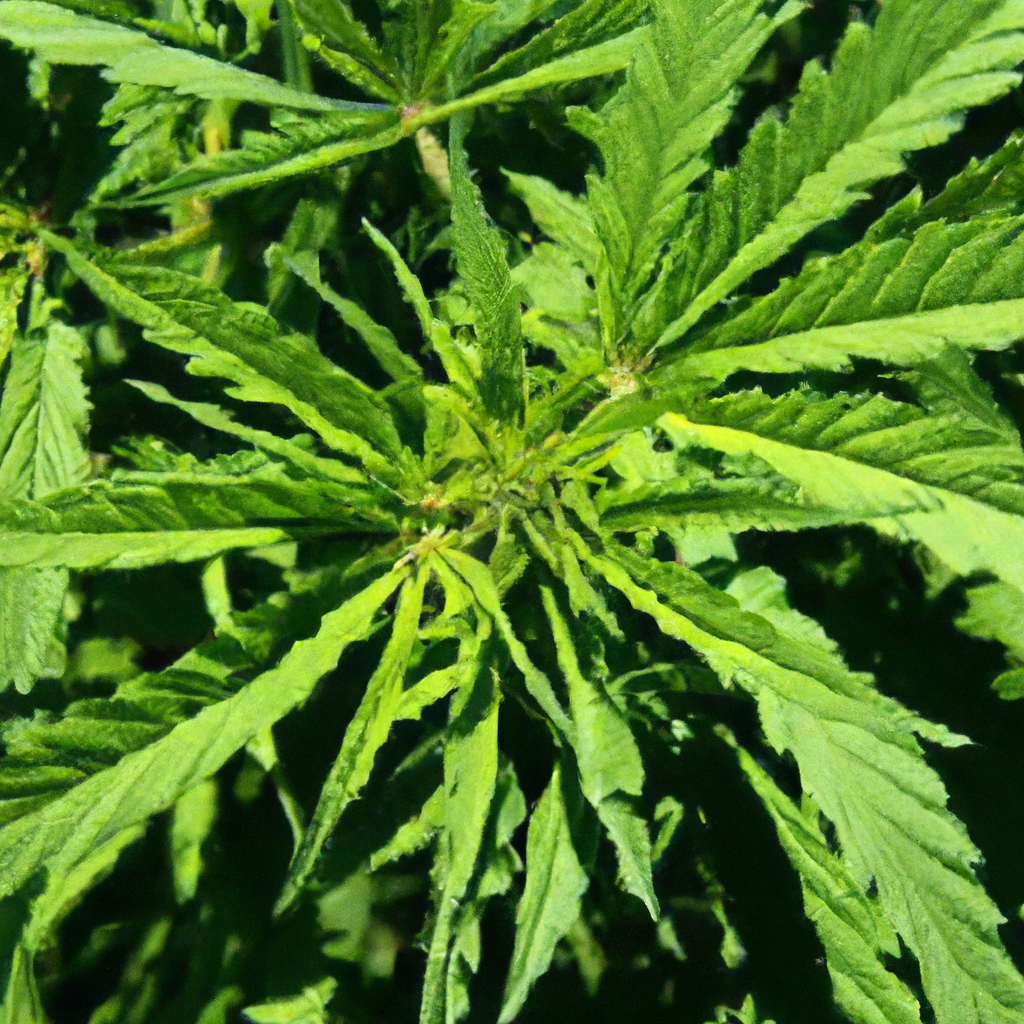
Organic cannabis cultivation is increasingly popular among growers aiming to protect the environment while producing pure products. This guide outlines best practices for nurturing organic cannabis through natural fertilizers, composting, and eco-friendly pest control methods to enhance soil health and sustainability. A thriving soil ecosystem is crucial, utilizing compost, mulching, and cover cropping to enrich…
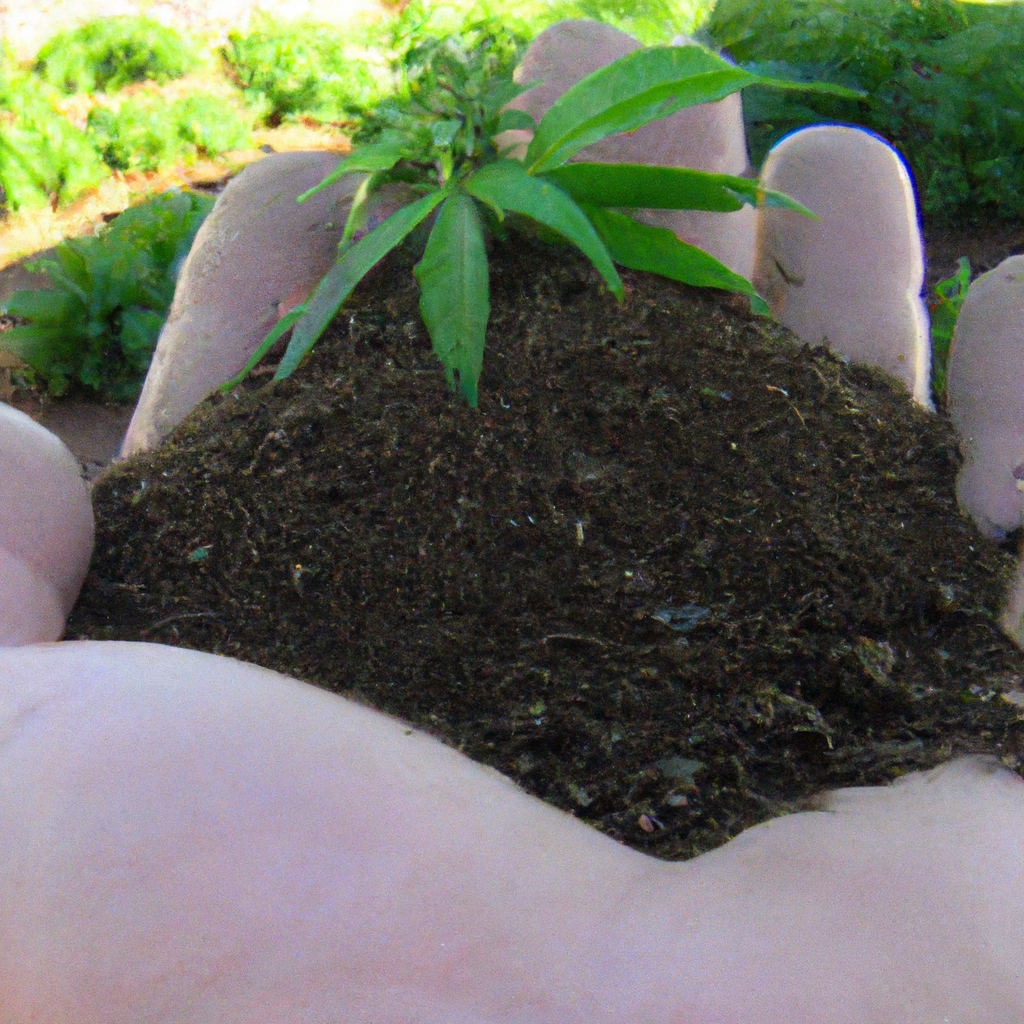
Embracing organic cultivation for cannabis enhances harvest quality and environmental health. Key practices include using natural fertilizers like compost, worm castings, and bat guano to enrich soil without synthetic chemicals. Building a robust soil ecosystem with organic matter and promoting biodiversity through crop rotation boosts plant nutrition. For pest management, deploy natural solutions such as…
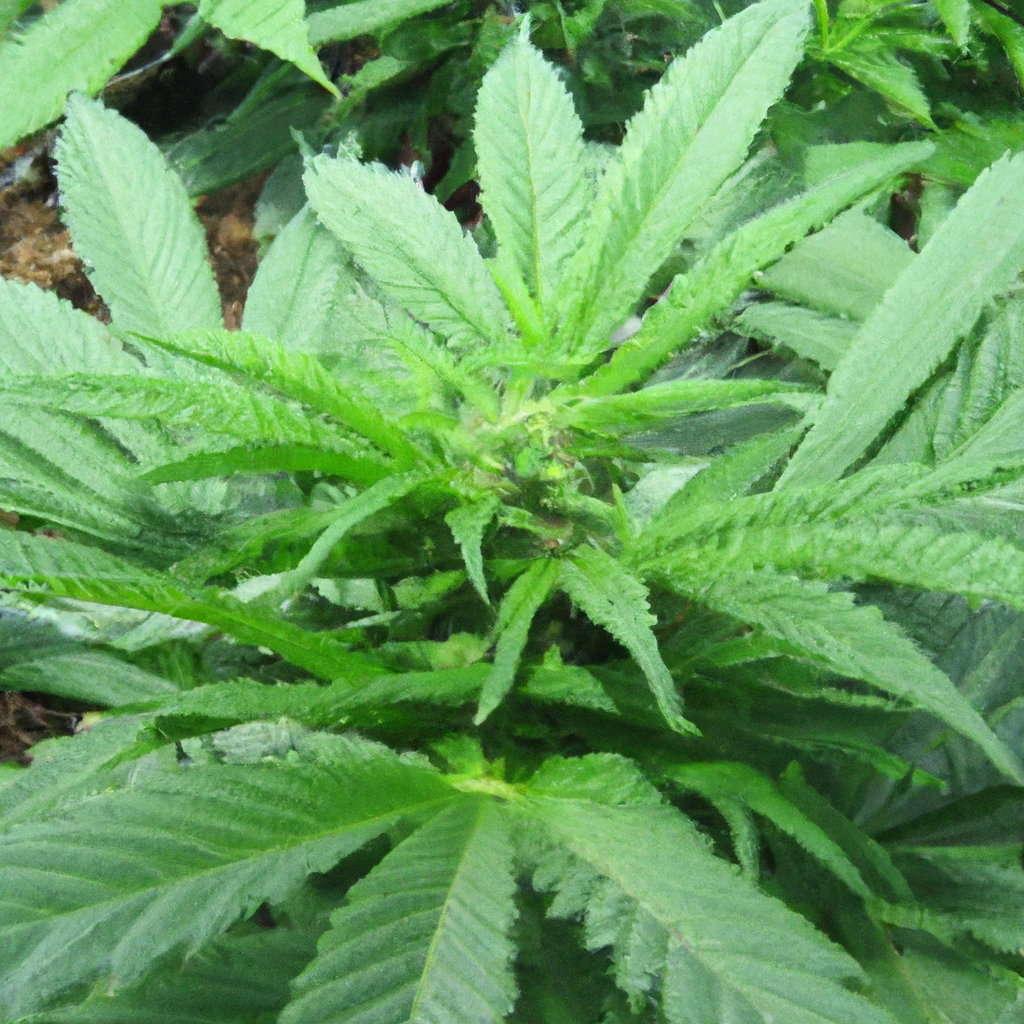
Organic cannabis cultivation emphasizes healthier plants and environmental mindfulness through natural methods. By utilizing compost, cover crops, and mulching, growers can enhance soil ecosystems and promote plant health. Natural fertilizers like bat guano, worm castings, and fish emulsion provide essential nutrients without harmful chemicals. Integrated Pest Management (IPM) uses beneficial insects, companion planting, and neem…
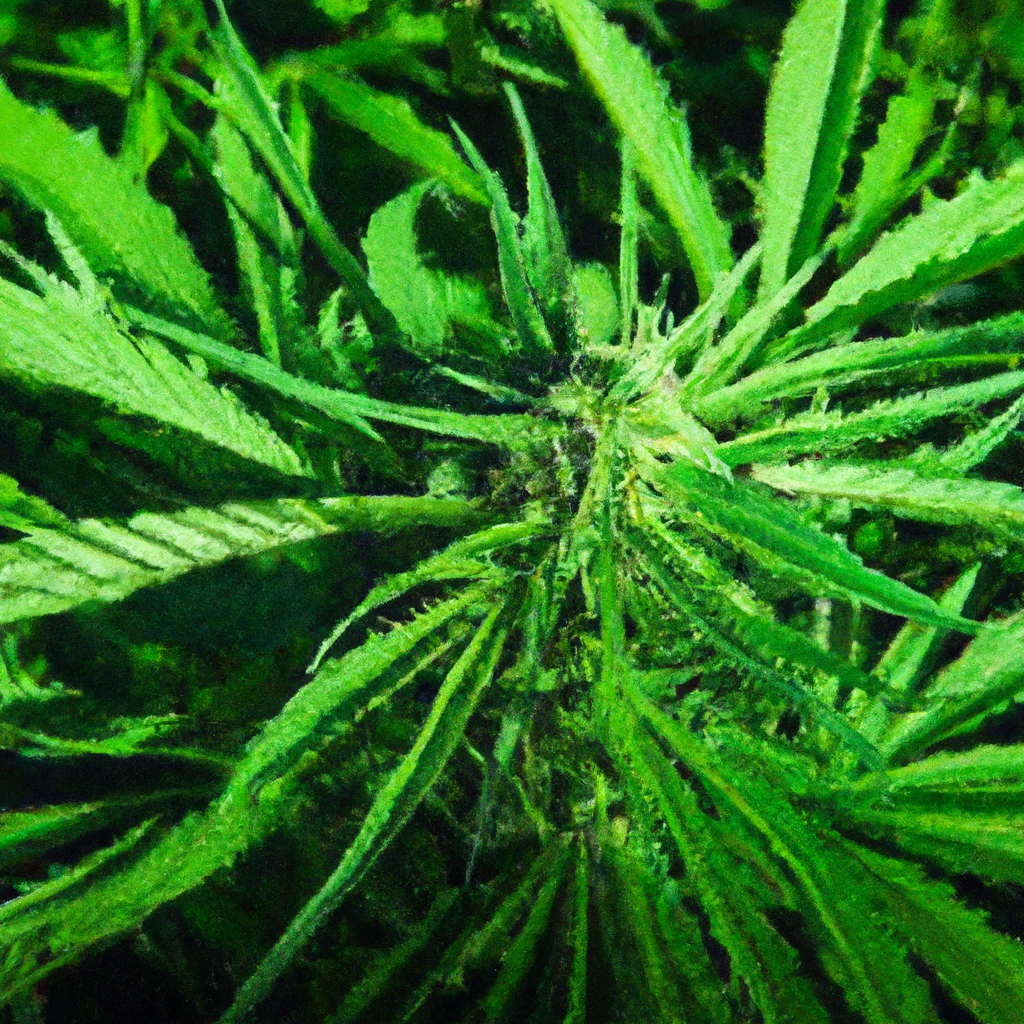
As the world embraces sustainable farming solutions, the integration of smart agriculture technology into cannabis cultivation is proving to be a promising frontier. Utilizing advanced technologies like IoT, sensors, and AI, farmers can enhance efficiency, optimize water usage, monitor crop health, and improve yield quality. Successful implementations, such as those by Green Leaf Farms, demonstrate…
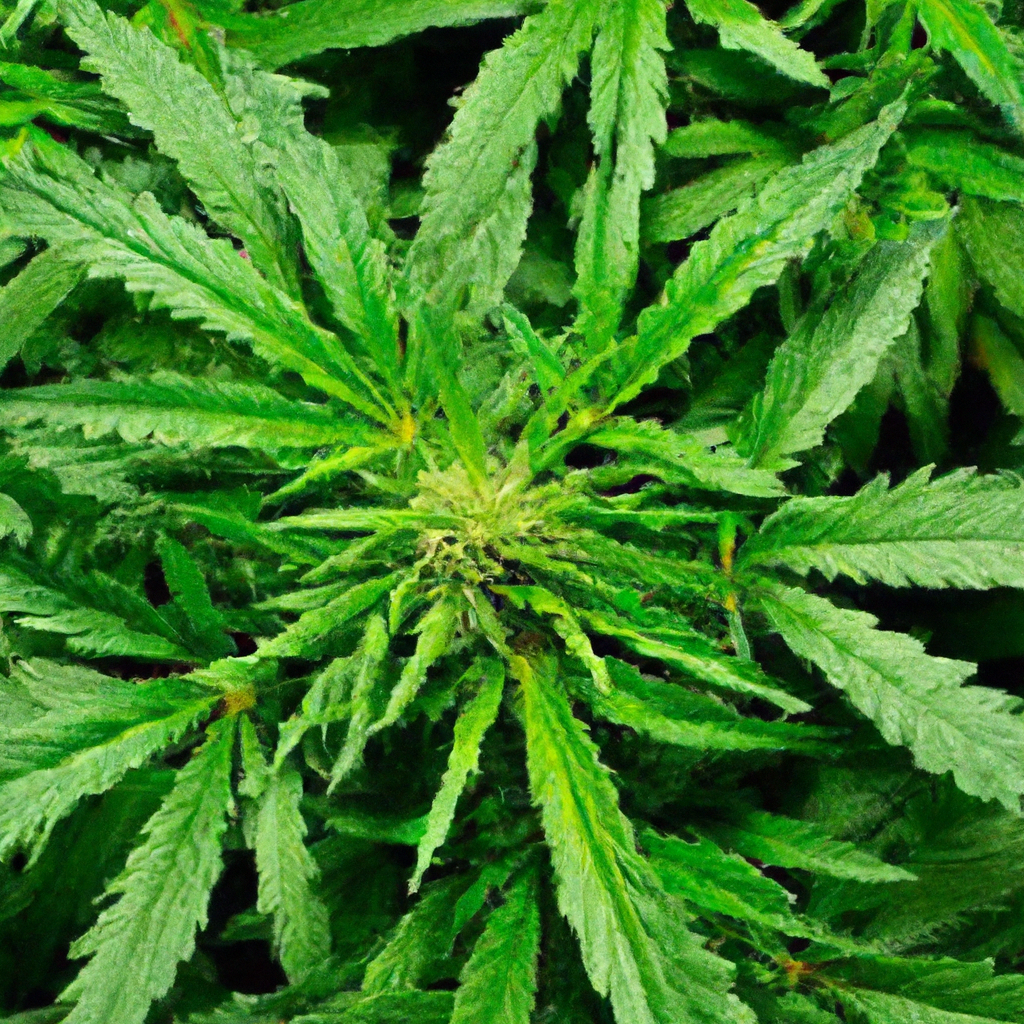
Embarking on organic cannabis cultivation can be rewarding and beneficial for the environment. By utilizing natural fertilizers, composting, and sustainable pest control, growers can produce healthier crops and promote ecological balance. This guide details best practices for nurturing cannabis plants organically, focusing on building healthy soil ecosystems, using natural fertilizer options like bone meal and…
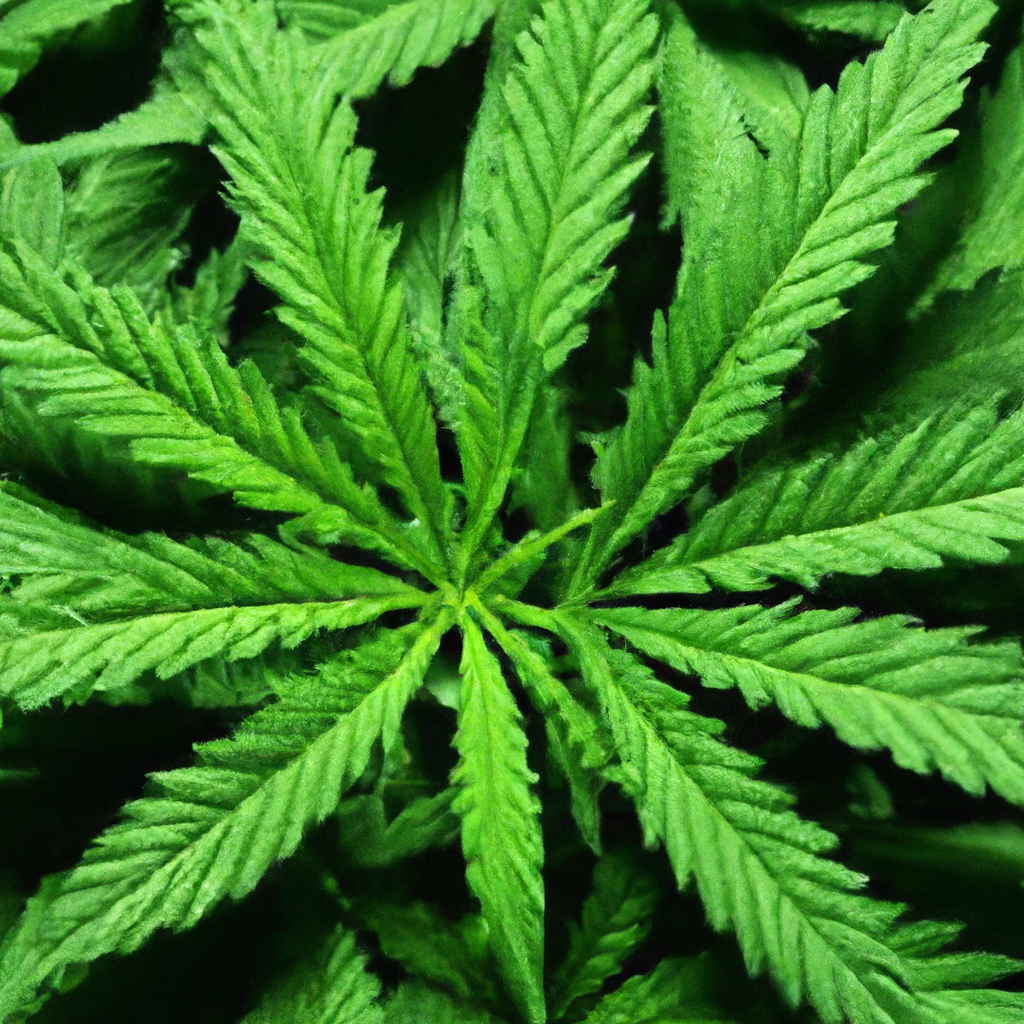
Cannabis is experiencing a renaissance across various sectors, notably in eco-friendly textile production. Hemp, a variety of the Cannabis sativa plant, offers a sustainable alternative to traditional materials due to its rapid growth, low water requirement, and pesticide-free cultivation. Compared to cotton, hemp boasts minimal water usage, no need for pesticides, and higher yield per…
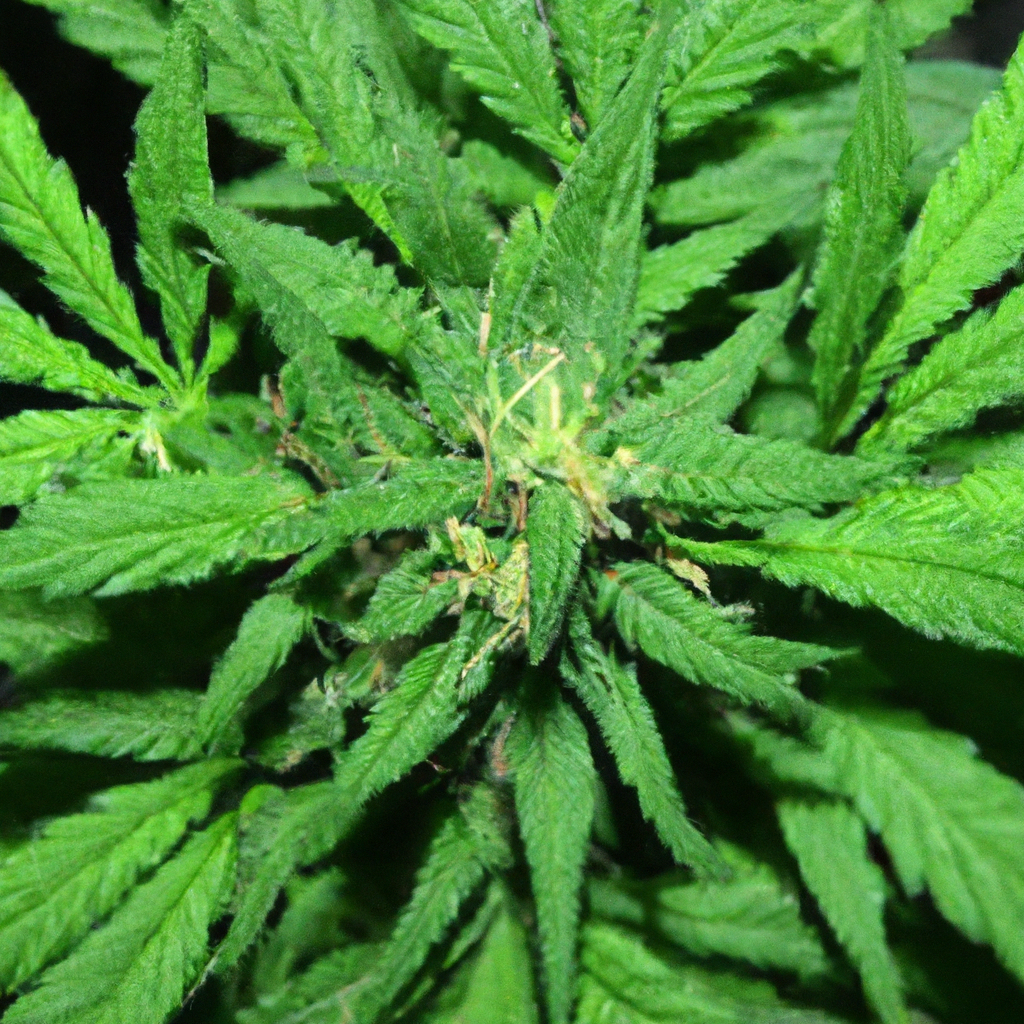
Organic cannabis cultivation is gaining popularity among growers seeking high-quality, eco-friendly products. By using natural fertilizers, composting, and sustainable pest control, cultivators promote a healthy soil ecosystem and avoid synthetic chemicals. This approach benefits the environment and enhances cannabis quality, offering a superior experience for consumers. Techniques include enriching soil with compost and natural fertilizers,…
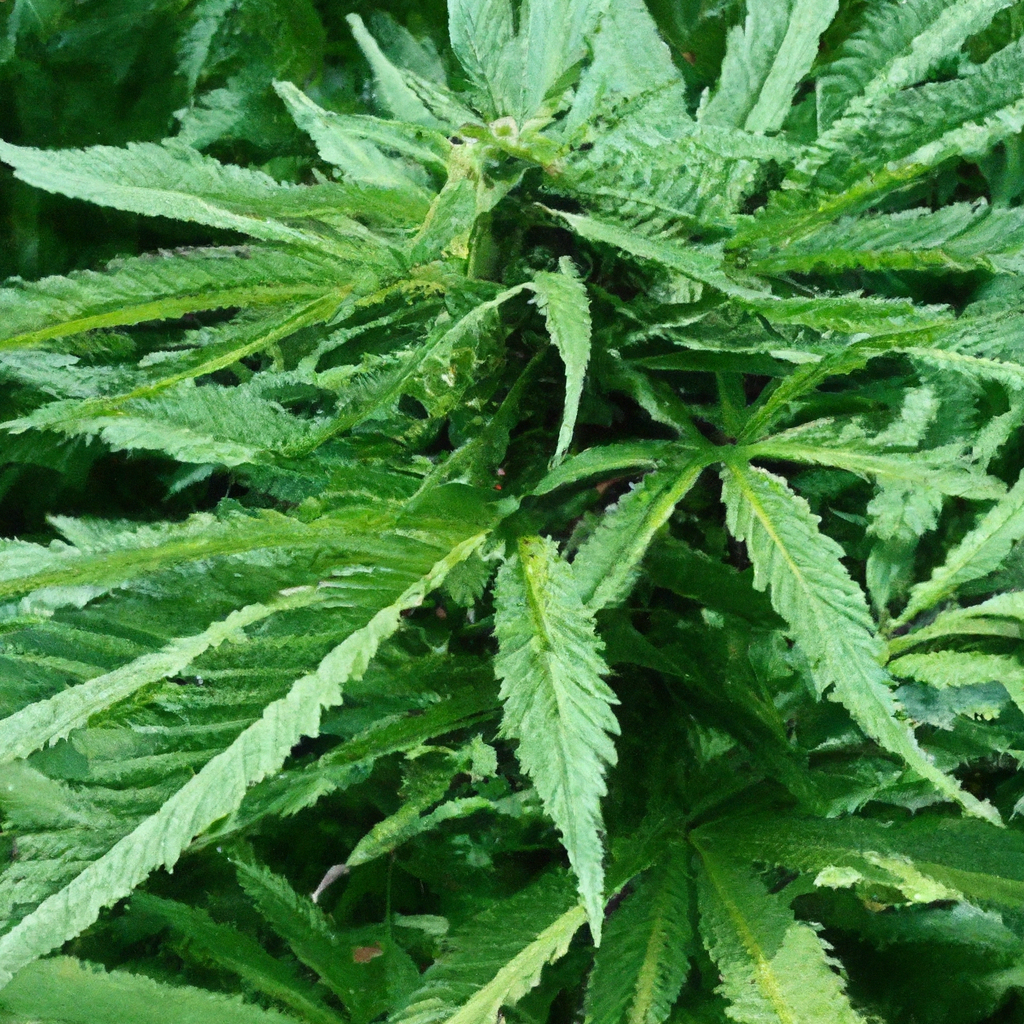
Organic cannabis cultivation is gaining popularity for its environmental benefits and natural product offerings. This blog post delves into best practices for growing cannabis organically, emphasizing the importance of a healthy soil ecosystem, the use of natural fertilizers, and sustainable pest control methods. Key techniques include compost integration, mulching, and crop rotation to maintain soil…
